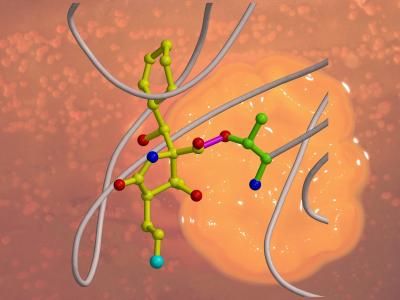Pharming confirms positive results from final analysis of Rhucin studies
Advertisement
Pharming Group NV announced that, as part of the activities for the regulatory submission files, it has now also completed the final analysis of its Rhucin® randomised placebo-controlled studies. The results confirm the positive and consistent efficacy and safety of Rhucin in the treatment of acute angioedema attacks in patients with hereditary angioedema (HAE).
Pharming conducted two independent, randomized, double blind, placebo controlled clinical studies in Europe and in North-America (US and Canada). In total, 70 attacks were randomized to one of two doses of Rhucin (100 U/kg, 50 U/kg body weight) or placebo control treatment. Of these 70 patients, 32 were treated in the European study and 38 patients in the North-American study. The final statistical analyses have now been undertaken in line with the latest EU and US regulatory guidance. Both studies independently demonstrated statistically significant and clinically relevant results on primary and secondary endpoints, thus demonstrating the efficacy of Rhucin for the treatment of acute attacks of Hereditary Angioedema.
In the EU study, time to onset of relief (median), the primary endpoint, was 62 minutes for Rhucin 100 U/kg compared to 508 minutes for control treatment. In the North America study, time to onset of relief (median) was 68 and 122 minutes respectively for Rhucin 100 and 50 U/kg compared to 258 minutes for control treatment. In the EU study, time to minimal symptoms (median), the secondary endpoint, was 480 minutes for Rhucin 100 U/kg compared to 1440 for control treatment. In the North America study, time to minimal symptoms (median) was 245 and 247 minutes respectively for Rhucin 100 and 50 U/kg compared to 1101 for control treatment. None of the Rhucin treated patients experienced a relapse of symptoms in the same attack.
As to safety, no clinically relevant concerns were reported in either study. There were no drug-related serious adverse events, no allergic reactions, and, no immuno-safety concerns due to antibody responses to Rhucin or rabbit milk proteins. Rhucin infusions were well tolerated, without reports of pain or irritation at the injection site. Together with the evaluation of the open-label studies and other studies reported previously, the Rhucin safety database now includes over 300 treatments of acute attacks.




















































